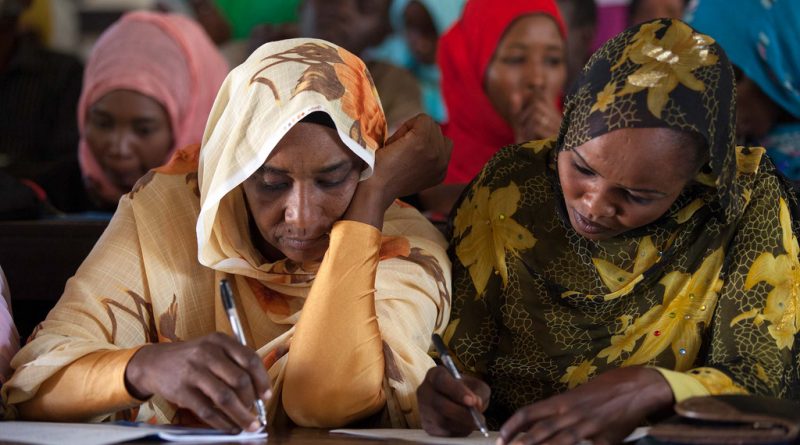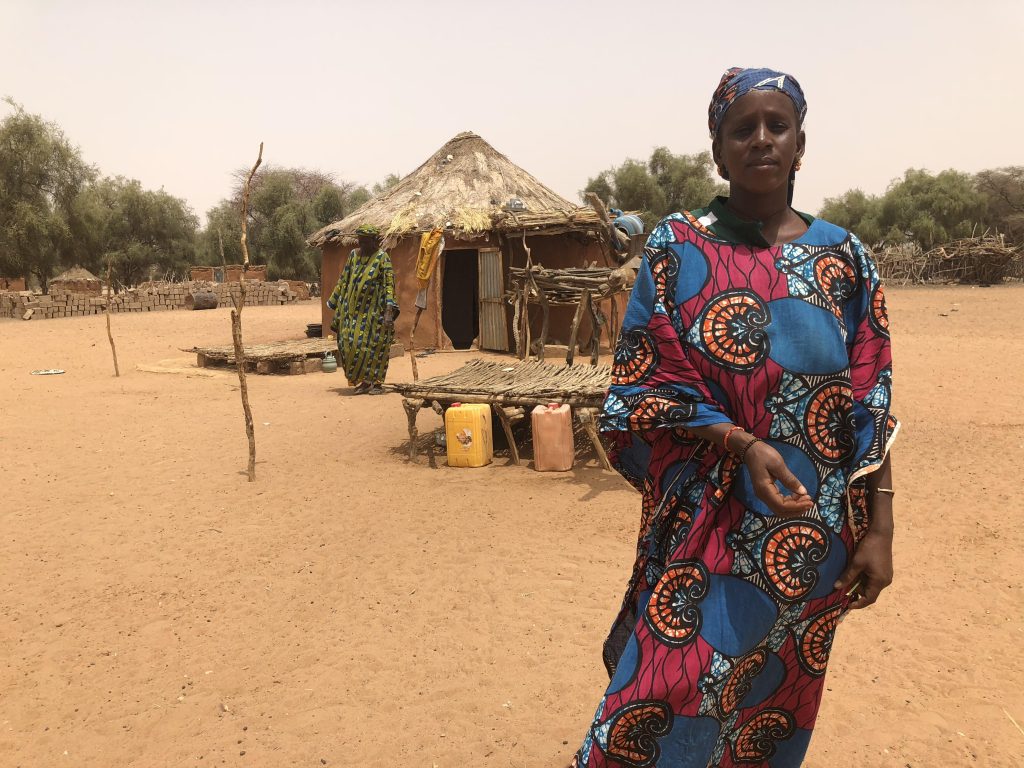The Acting Director-General of Government Communication and Information System (GCIS), Phumla Williams, has called for government departments to be performance audited when it comes to women empowerment and gender-sensitive responsiveness.
“If we are to make progress, we must make it compulsory for departments to have gender-focused budgeting,” said Williams on Thursday.
Williams was speaking at the Women in Media Dialogue held at the GCIS head office in Tshwane.
She said training on gender responsiveness has to become part of the public service culture and that a programme to this effect is urgently needed to sensitise public servants. She said the public service had to be cognizant of the fact there are perpetrators of GBV within the service.
Hosted by the GCIS in partnership with Media24 under the theme ‘Dynamics of gender representation and gender-based violence (GBV) for Women in Media and Communication’, the dialogue reflected on recent research which indicated that women are marginalised as sources in South African television news, and how women have changed the landscape of media management by breaking the glass ceiling.
The dialogue created a conversation space for government communicators and the media to look at how they can play an even more effective role in the prevention of violence against women.
“Media is central to how we coach and change the behaviour of society through their programmes, and equally as government communicators, the programmes we put in our communication strategies that assist with behavioural change,” Williams said.
She noted that while the government has good policies in as far as empowering women, it is still battling with gender representation.
“Government communicators, who are supposed to be the custodians of messaging, informing and educating, are still underrepresented. If we are serious about gender-based violence and gender responsiveness in our communications, we have to make sure that we take women on board.
“These are issues we will be engaging the DPSA [Department of Public Service and Administration] on because [it appears as though] there are no consequences of non-compliance,” said Williams.

According to statistics from February 2019, out of 422 government communicators, only 34% are women and 27% are heads of communication.
Williams, however, commended the current administration, which has seen an increase in the number of women Media Liaison Officers (MLO) to 52%.
Social Development spokesperson Lumka Oliphant said something drastic needs to happen.
“We need action to make sure that we put women in the right positions,” Oliphant said.
Sharing experiences from the newsroom, Rhode Marshall from City Press newspaper, said it is often mainly female journalists who take an interest in GBV stories – stories they often have to justify and fight for them to get placed.
“We need to be conscious of how we speak and treat our female colleagues, and we need to create safe spaces for women in media,” Marshall said.
Commission for Gender Equality (CGE) spokesperson Javu Baloyi recommended that media groom journalists who specialise in reporting gender issues.
The dialogue was held a week after public servants took to the streets to recommit themselves and stand firm against (GBV) in the country.
The march, which was led by the DPSA, saw Ministers and their deputies sign a pledge to commit themselves to public service policies that offer recourse for sexual harassment in the workplace, victimisation and unsafe working conditions.

